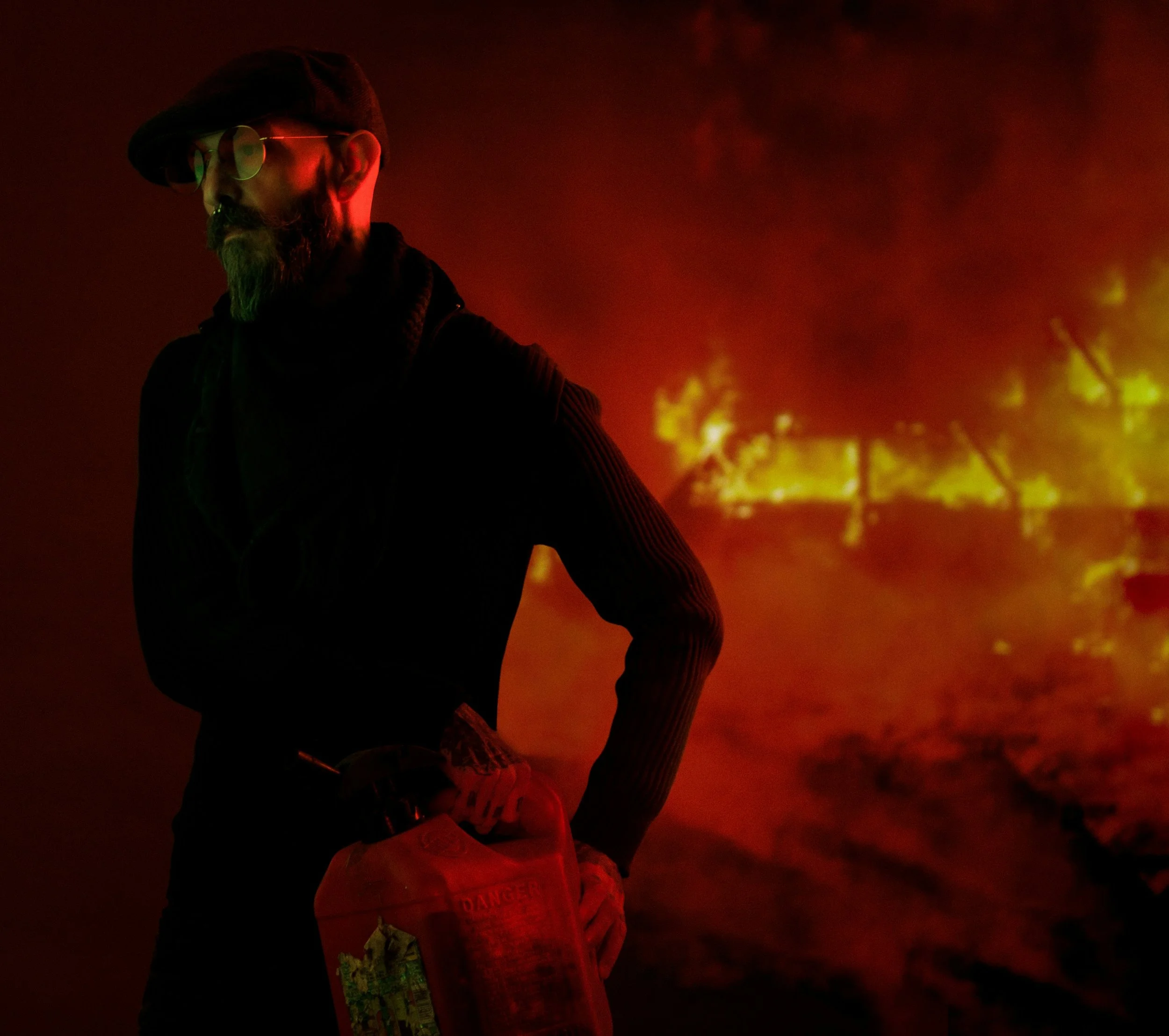The Morality of Crime Fiction
image credit: Kira Hoffmann for Pixabay
I remember as a child looking at the pile of mystery novels stacked by my mother’s side of her bed. It was the sixties, and the cover art on books by authors like Mignon Eberhart and Ngaio Marsh were pretty lurid, knives plunged into the bodies of curvaceous women. I couldn’t help but wonder what was wrong with my mother, that she read those books. She seemed pretty normal in every other way, but that? Ewww!
I’ve since then become both a consumer and a practitioner of the genre, and yet there is a part of me that still wonders about its propriety. In other words, if you read stories about violence, are you at some level condoning the violence they contain?
Crime fiction may seem by its very definition to be amoral: it’s a story that depends on violence, on someone getting hurt in some way. It’s looking at human relations at the most basic, most visceral level, the very metaphysical line between life and death, at the people who cross—or do not cross—that line. There is nothing amoral about that consideration.
I’m coming around to the way of thinking that crime fiction actually promotes morality in a number of different ways.
The first and most obvious observation is that mysteries immediately and irrevocably raise the stakes for the reader. This is something significant: this is the taking of a human life that is valued and valuable. It doesn’t get much more important than this.
image credit: Benjamin Lehman for Unsplash
I’ve written in the past about fiction providing an opportunity for empathy, and I think that goes in spaces for crime fiction, especially what some critics have called metaphysical crime fiction. But before we get on to that, I do want to say it’s a mistake to assume that empathy exists. Like many other readers and writers, I thoroughly enjoyed the television series called Murder, She Wrote. The protagonist, Jessica Fletcher, is quite properly filled with empathy for the victims—most of whom she knows well. But the look of absolute disgust on her face when she brings the perpetrator to justice, when she outlines their crimes, always made me recoil. There is never a moment when she expresses any understanding of the often complicated reasons for the crime.
Which is why, for me, the crime literature that began with G.K. Chesterton and his nosy Father Brown is a far more layered, textured, insightful sort of literature. It transcends the simple formulas and aims to set the crimes it explores within a psychological and moral context.
The expression “metaphysical detective fiction” was originally coined by critic Howard Haycraft to single out Chesterton’s unusual detective stories. It describes “a text that parodies or subverts traditional detective-story conventions with the intention, or at least the effect, of asking questions about mysteries of being and knowing which transcend the mere machinations of the mystery plot” (Detecting Texts: The Metaphysical Detective Story from Poe to Postmodernism, Patricia Merivale and Susan Elizabeth Sweeney).
I’m separating out metaphysical crime fiction from what we might call moral crime fiction. Metaphysical fiction is far-reaching and in fact goes beyond Chesterton’s imaginings: it plays with reality in ways that create doubt in readers’ minds. Paul Auster’s detectives, for example, investigate mysteries that have no clear purpose, following leads that go nowhere. Nothing makes a whole lot of sense; nothing really gets resolved. The genre raises in-depth issues about the characteristics of reality, interpretation, the limitations of knowledge, subjectivity, and narrative.
Moral crime fiction, on the other hand, is steeped in reality. It holds up a mirror to the reader and posits that under the right circumstances, we could all be a victim—or a killer. Ian Fleming’s George Smiley has an ability to see all sides of a question, to peer into people’s souls; it’s a restless genre, always asking questions, even questions for which there are no satisfactory answers. It reminds us of our common humanity, it reminds us that people are complicated beings, and it reminds us that we have choices, choices to believe and act and reflect.
Each story begins in chaos, a dead body, and the entire story moves toward justice and the restoration of order, but that journey is littered with moral conundrums. In one of Dennis Lehane’s Kenzie and Gennaro stories, the partners are separated by the demands of justice—to adhere to the law, or to do what is clearly ethically right even when legally wrong. Crime fiction makes us long for a resolution; moral crime fiction makes us long for the right resolution.
And that’s what makes detective stories so intrinsically moral. They deliver justice to a world that doesn’t; they establish order in the midst of a chaotic life. But the ones that are the best, to my mind, are those that point out the impossibility of perfect justice and perfect order, and help us realize that, at the end of the day, the best we can do is ask the important questions… and listen to all the answers.
image credit: Krzysztof Hepner for Unsplash



